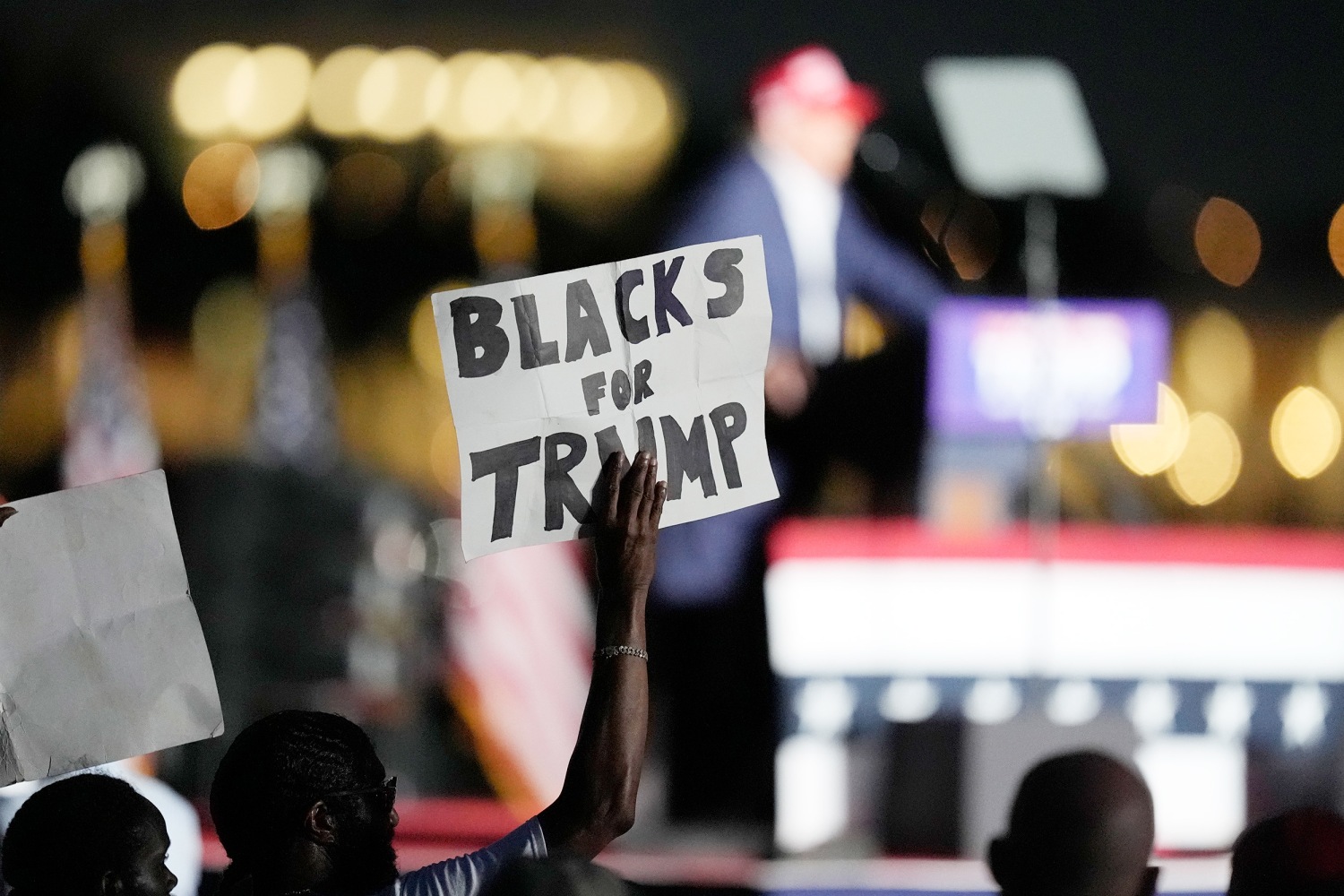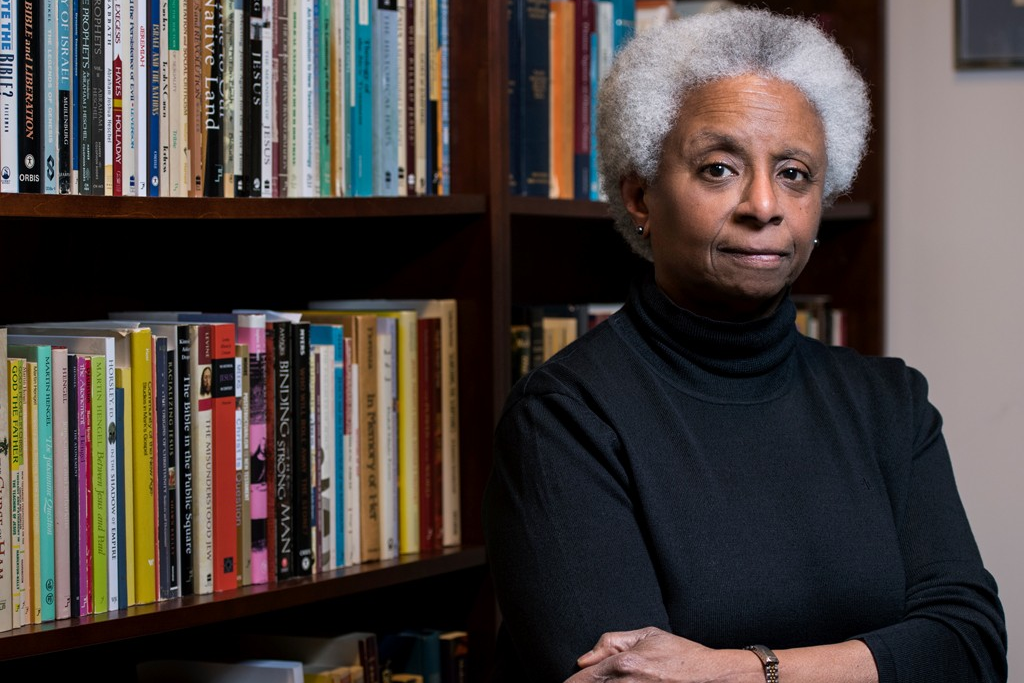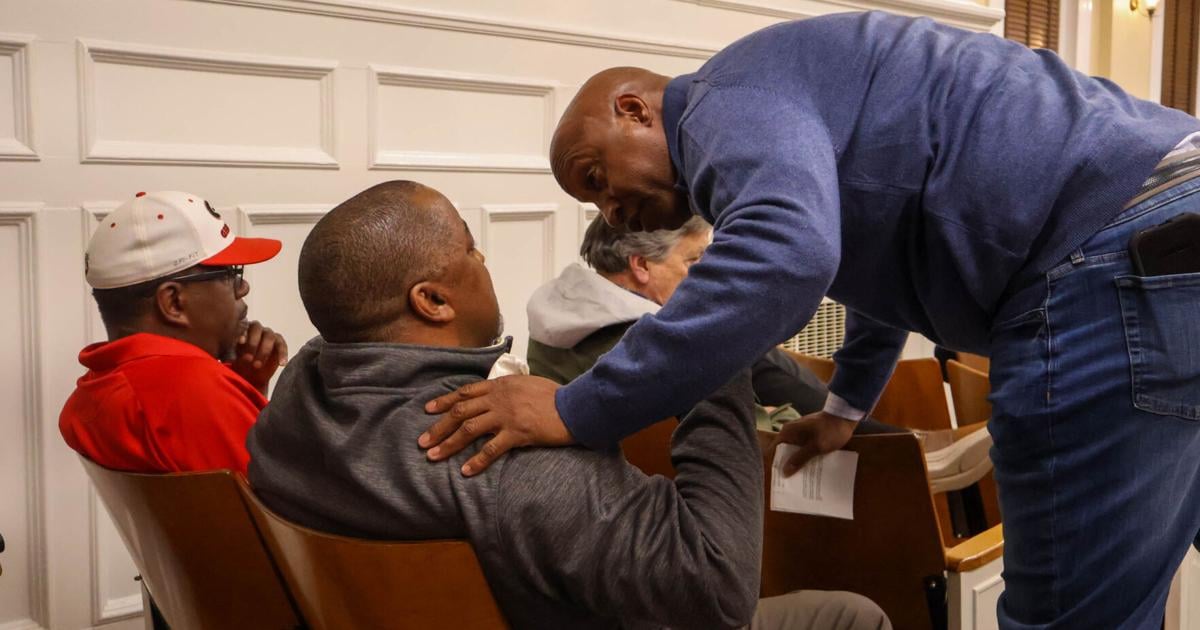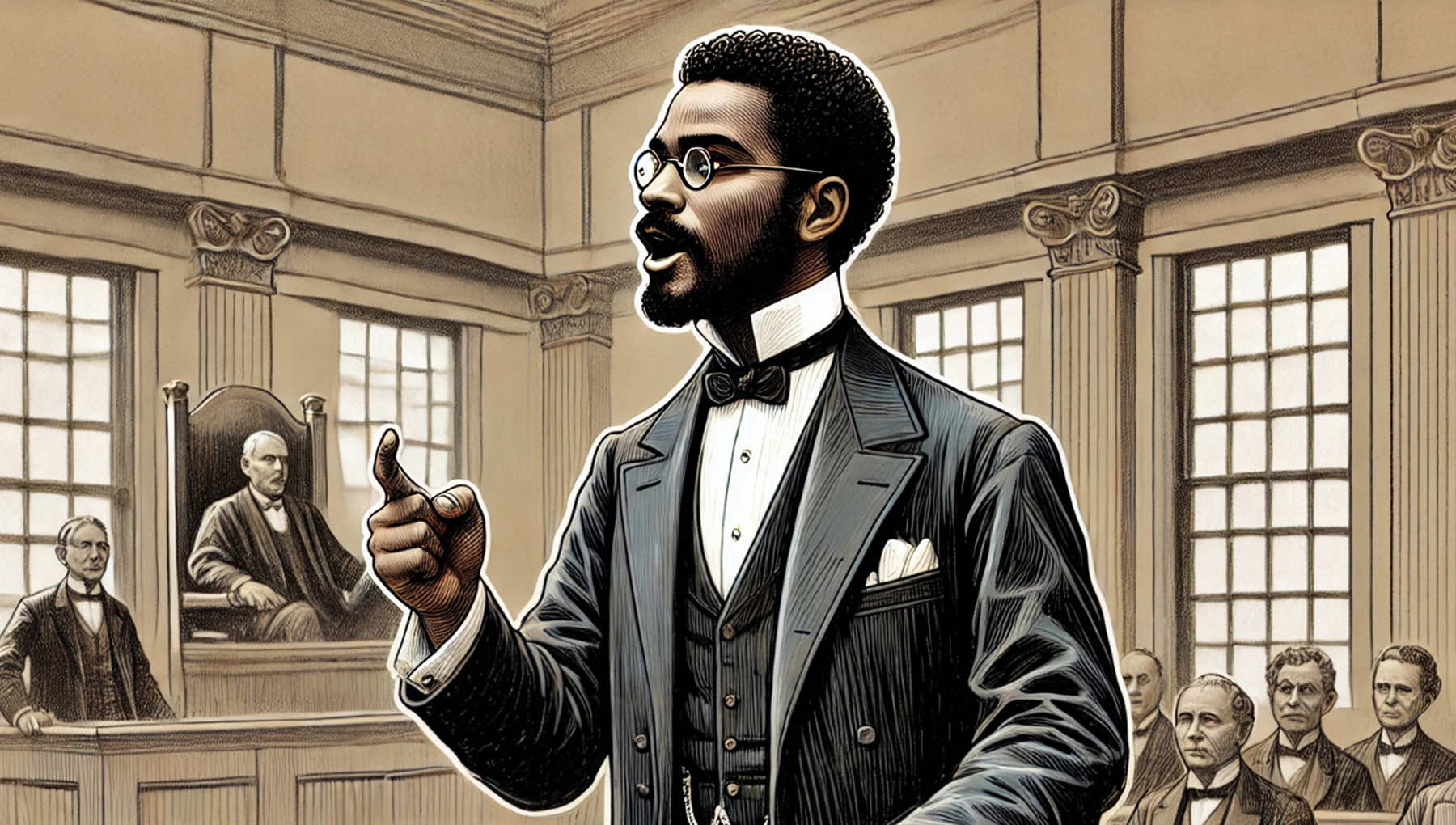- BlackVoter.Org
- Posts
- BlackVoter.Org
BlackVoter.Org


Voting is officially underway for the April 8 elections in St. Louis! With no-excuse absentee voting available, residents can cast their ballots early at the St.
Louis County Board of Elections or designated satellite sites starting March 31. The elections will feature key positions, including mayor, comptroller, and board of aldermen, igniting fierce competition between incumbent Mayor Tishaura Jones and challenger Ald.
Cara Spencer. Last election, Jones won decisively, garnering strong support in predominantly Black wards, while Spencer dominated in white-majority areas.
As the race heats up, voter engagement is crucial—turnout during the primary elections was low, so make sure your voice is heard! Check polling places and details with the St. Louis Board of Election Commissioners to ensure you're ready for this pivotal day in local governance.

In a revealing focus group, Black men who voted for Donald Trump in 2024 shared their thoughts on his presidency, expressing approval but also concerns over specific policies. Most participants stood firmly behind Trump, though worries about the Department of Government Efficiency (DOGE) and trade tariffs surfaced.
While many supported DOGE’s audits aimed at enhancing government efficiency, some were uneasy about the influence of Elon Musk and the potential economic fallout of aggressive tariff strategies. Regarding the Democratic Party, the group expressed strong disapproval, labeling it "untrustworthy" and "weak.
" Trump's recent political maneuvers, including withdrawing Rep. Elise Stefanik’s nomination for a UN role, signal strategic moves in a precarious House majority.
As the political landscape shifts, these voters showcase a complex relationship with Trump, balancing loyalty with practical concerns as the 2024 elections approach.

Mark your calendars for April 6th! The esteemed Dr. M.
Shawn Copeland, professor emerita of systematic theology at Boston College, will present the 2025 Père Marquette Lecture in Theology at the Lubar Center. Her talk, “The Politics of Redemption: The Doctrine, the Matter, the Law and Grace,” promises to delve into the intricate relationship between redemption and politics, offering insights that will resonate deeply with attendees.
This engaging lecture is free and open to the public, and it includes a reception afterward, providing a perfect opportunity to mingle and discuss. The Père Marquette Lecture series has a rich tradition, established in 1969 to honor notable theologians whose work has significantly impacted the field.
Don't miss this chance to engage with transformative ideas and witness theological scholarship in action! Event parking will be available in the Eckstein Hall lot.

The recent decision by the U.S.
Defense Department to erase the contributions of Black, Native, Asian, female, and other non-white veterans has sparked outrage and disbelief. Leslie Gray Streeter highlights the personal stories of remarkable individuals like her grandfather, Edward Streeter, who bravely served during WWII and later earned a Civilian Medal of Valor.
By erasing these histories, the government not only diminishes their legacy but also denies future generations the opportunity to take pride in their heritage. Streeter emphasizes the importance of preserving and sharing these narratives, urging families to record their veterans' stories to ensure they are not forgotten.
As communities rally against this attempt to sanitize history, the message is clear: we must speak their names and honor their sacrifices, keeping their legacies alive. The fight against erasure continues, and the voices of these heroes will not be silenced.

In a bold move, former President Donald Trump has signed an executive order directing federal agencies to examine and potentially revise the narratives and language used in U.S.
monuments, memorials, and museums. His goal is to combat what he calls “anti-American” sentiments and promote a vision of American exceptionalism, countering efforts that highlight the nation's complex history of slavery and discrimination.
Critics argue that this initiative amounts to a severe whitewashing of history, insisting that all Americans deserve an accurate account of the past. This order, titled "Restoring Truth and Sanity to American History," reflects a broader trend seen in places like Florida and Texas, where similar revisions are being pushed in history education.
As discussions around national identity and history intensify, the debate over how we remember our past continues to shape the cultural landscape of America.

University of Georgia students are weighing in on racial equity issues after the Athens-Clarke County Commission failed to pass a resolution aimed at addressing systemic inequities in housing, economic opportunities, and youth development for minority communities. While the resolution was postponed for 60 days, students like Camila Varela and Gabriella Etienne express concern that UGA's student body often feels detached from the realities faced by the local community, where nearly half the population identifies as minority.
Varela points out that many UGA students come from affluent backgrounds, contrasting sharply with the socioeconomic challenges in Athens-Clarke County. Both students advocate for greater awareness and collaboration between UGA and the broader community to foster understanding and initiate meaningful change.
“Be a member of your community,” Varela stresses, highlighting the collective responsibility of students to engage and support the local population.

Ezekiel Gillespie, a 19th-century civil rights pioneer in Milwaukee, continues to inspire conversations about Black suffrage, especially in light of the current political climate under Donald Trump's administration. Born into slavery and later resettling in Milwaukee, Gillespie fought for the right to vote, achieving a landmark 1866 legal victory that confirmed Wisconsin’s constitutional protection of Black voting rights.
His courageous battle against poll discrimination set a precedent for African American civic engagement, highlighting the importance of local legal action in upholding civil liberties. As threats to federal election protections resurface today, community leaders reference Gillespie's legacy to remind us that safeguarding voter rights requires vigilance and assertiveness.
In an era where rights can easily be undermined, Gillespie’s struggle serves as a powerful reminder that enforcement of rights, even when written in law, demands continuous advocacy and grassroots activism. His story is a clarion call for citizens to actively contend for their rights.